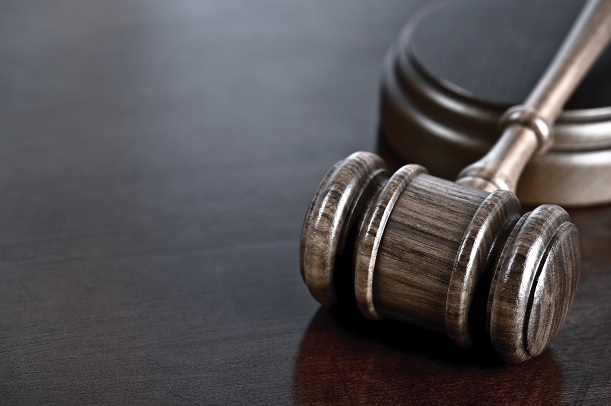Law firm EIP’s victory in the Supreme Court against Huawei and ZTE means patent holders can insist on implementers taking out global licences for their entire portfolios.
This sound like a great step forward instead of holders of Standard Essential Patents (SEPs) having to battle for their rights in individual countries and for specific products.
The not so good news is that the punishment of implementers that fail to comply is they will be denied access to the UK market. Given the ban on installing Huawei equipment in UK networks and operators having to replace installed kit, it’s hard to see how this will be a killer blow for the Chinese giant at least (just one to add to many).
Also, the new US restrictions are likely to do terrible damage to its smartphone market share in many countries all over the world, including the UK. While the US’ main case against using Huawei equipment is that it could be used to spy for the Chinese state, the Trump Administration has also accused the Chinese firms of industrial espionage and unfair use of others’ tech.
Obviously, the ruling will not only apply to the two Chinese companies in future.
The court case
EIP secured the landmark victory in the UK’s Supreme Court in two court cases, Unwired Planet v Huawei and Conversant Wireless v Huawei & ZTE, and the ruling applies in the UK and worldwide.
It defines the licensing of patented technology considered essential to the international standards for previous and future generations of wireless telecommunications technology.
SEPs holders must agree to license their technology to third parties on fair, reasonable and non-discriminatory (FRAND) terms, but can insist that implementers, like Huawei, take out global licences covering all of their portfolios.
If they fail to do this, they risk being subject to injunctions restricting access the UK market.
Big help to patent holders
Implementers can no longer insist on SEP holders proving their patents in every jurisdiction in the world, which is both practically and economically prohibitive for smaller companies.
As the Supreme Court observed, “implementers who were infringing the patents would have an incentive to continue infringing”.
The two cases, Unwired Planet v Huawei and Conversant Wireless v Huawei & ZTE, were the subject of a joint hearing before the Supreme Court in October of 2019. Both cases concern the licensing of patents essential to the international standards for 2G, 3G and 4G mobile telecommunications (SEPs).
Apple, Ericsson and Qualcomm and all major players in the telecoms industry were permitted to intervene in the appeals.
The Supreme Court also found that the UK is an appropriate forum in which to determine the disputes.
EIP says the principles decided by the Supreme Court will be highly impactful for the global licensing of telecoms standards, including 5G technology, going forward.



